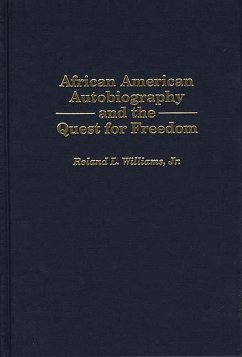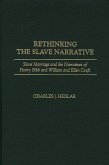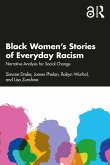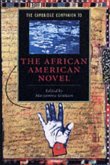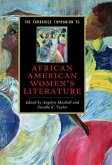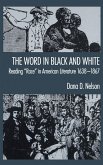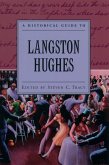Slave narratives were one of the earliest forms of African American writing. These works, autobiographical in nature, later fostered other pieces of African American autobiography. Since the rise of Black Studies in the late 1960s, leading critics have constructed black lives and letters as antitheses of the ways and writings of mainstream American culture. According to such thinking, black writing stems from a set of experiences very different from the world of whites, and black autobiography must therefore differ radically from heroic white American tales. But in pointing to differences between black and white autobiographical works, these critics have overlooked the similarities. This volume argues that the African American autobiography is a continuation of the epic tradition, much as the prose narratives of voyage by white Americans in the nineteenth century likewise represent the evolution of the epic genre. The book makes clear that the writers of black autobiography have shared and shaped American culture, and that their works are very much a part of American literature. An introductory essay provides a theoretical framework for the chapters that follow. It discusses the origins of African American autobiography and the larger themes of the epic tradition that are common to the works of both black and white authors. The book then pairs representative African American autobiographies with similar works by white writers. Thus the volume matches Olaudah Equiano's slave narrative with The Autobiography of Benjamin Franklin, the Narrative of the Life of Frederick Douglass, An American Slave with Richard Henry Dana's Two Years Before the Mast, and Harriet Jacobs' Incidents in the Life of a Slave Girl with Fanny Fern's Ruth Hall. The study indicates that these various works all recognize the importance of learning as a means for attaining freedom. The final chapter provides a broad survey of the African American autobiography.
Bitte wählen Sie Ihr Anliegen aus.
Rechnungen
Retourenschein anfordern
Bestellstatus
Storno

